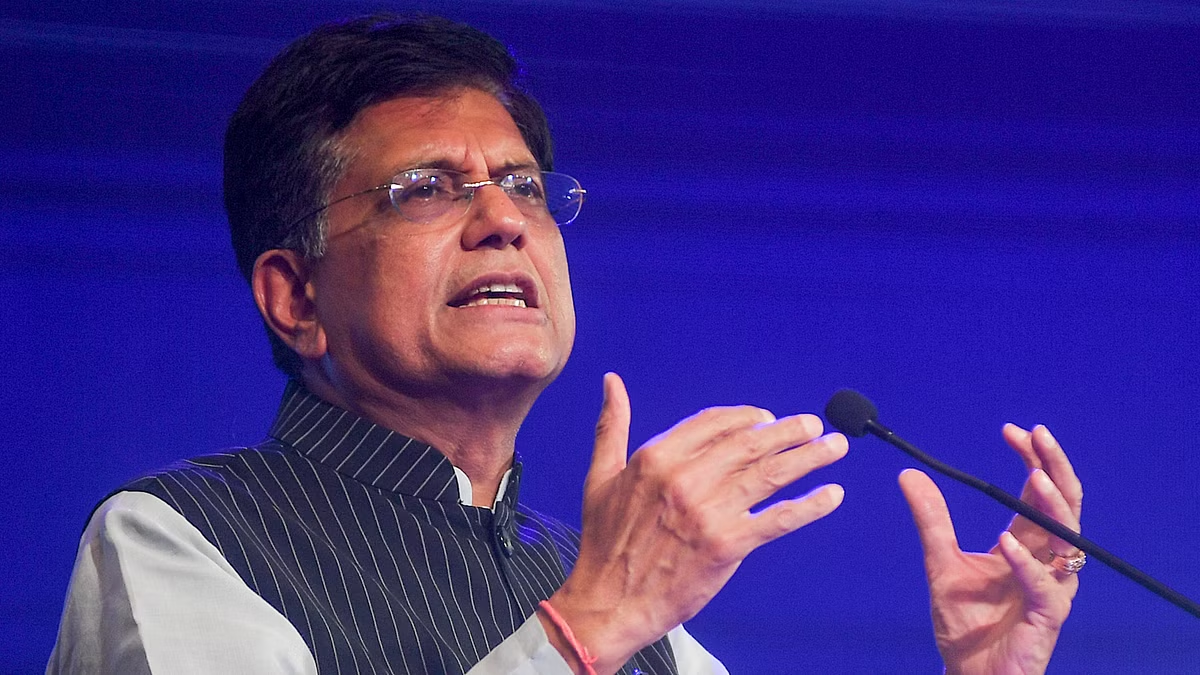Share

The main challenges for GCCs in tier 2 and 3 cities are the limited talent pool, inadequate higher education institutions, infrastructure bottlenecks and connectivity issues. Global Capability Centers (GCCs) continue to mushroom in India’s tier-1 cities, but their expansion into tier 2 and 3 locations—once hailed as the next big hubs—is progressing slowly due to gaps in talent availability and infrastructure. According to a Nasscom-Zinnov report released in 2024, GCCs in smaller cities grew modestly, with their share rising from 5% in FY2019 to 7% in FY2024. In South India, Coimbatore (25+ centers), Kochi (20+) and Thiruvananthapuram (20+) have emerged as leading hubs. By 2024, over 220 GCCs were operational in tier 2 and 3 cities, employing around 82,000 people. Nationwide, India is home to nearly 3,000 GCCs. “The main challenges for GCCs in tier 2 and 3 cities are the limited talent pool, inadequate higher education institutions, infrastructure bottlenecks, and connectivity issues,” says M Balasubramaniam, CEO of Stratinfinity, a GCC consultancy firm based in Chennai. “At best, GCCs can hire 5–15% fresh talent locally. The rest must be lateral hires with experience in IT services or consulting and those professionals are concentrated in tier-1 cities where they command higher salaries. The question is whether they are willing to relocate.” Arindam Sen, Partner and GCC sector leader at EY India, agrees that the pace of expansion outside tier-1 locations remains sluggish despite Government incentives. “The ecosystem in smaller cities is still maturing. Most GCCs recruit through four channels—universities, other GCCs, service firms and start-ups. But the talent pool is still thin, so many companies pursue a ‘plus-one’ strategy: setting up in a tier-1 city first, and then adding a satellite unit in a tier 2 or 3 location,” he explains.
Connectivity challenges:
A recurring concern is the lack of direct connectivity to these cities. “Many tier 2 and 3 locations lack international flight connections, which discourages parent companies headquartered abroad,” says Balasubramaniam. He recalls a client who, after considering cities around Bengaluru and Hyderabad, ultimately chose Gurugram for its direct flight access to Delhi. Sen echoes this view: “If reaching Indore, Kochi or Coimbatore requires multiple hops, companies start questioning whether it’s worth the effort.”
Bright spots and Government push:
Despite these hurdles, experts point to some advantages. Attrition rates in smaller cities are expected to be lower, as many employees relocating there prefer to settle closer to their hometowns after spending years in metros. Additionally, State Governments are offering incentives such as interest subsidies, payroll support and cheaper land to attract investments. Yet Balasubramaniam cautions that these benefits may not be enough. “The key question is whether Government incentives alone can persuade experienced lateral talent to move and whether that will be sufficient to convince more GCCs to expand into tier 2 and 3 cities,” he says.
Source : https://www.newindianexpress.com/business/2025/Aug/31/gccs-struggle-to-gain-momentum-in-tier-2-tier-3-cities










